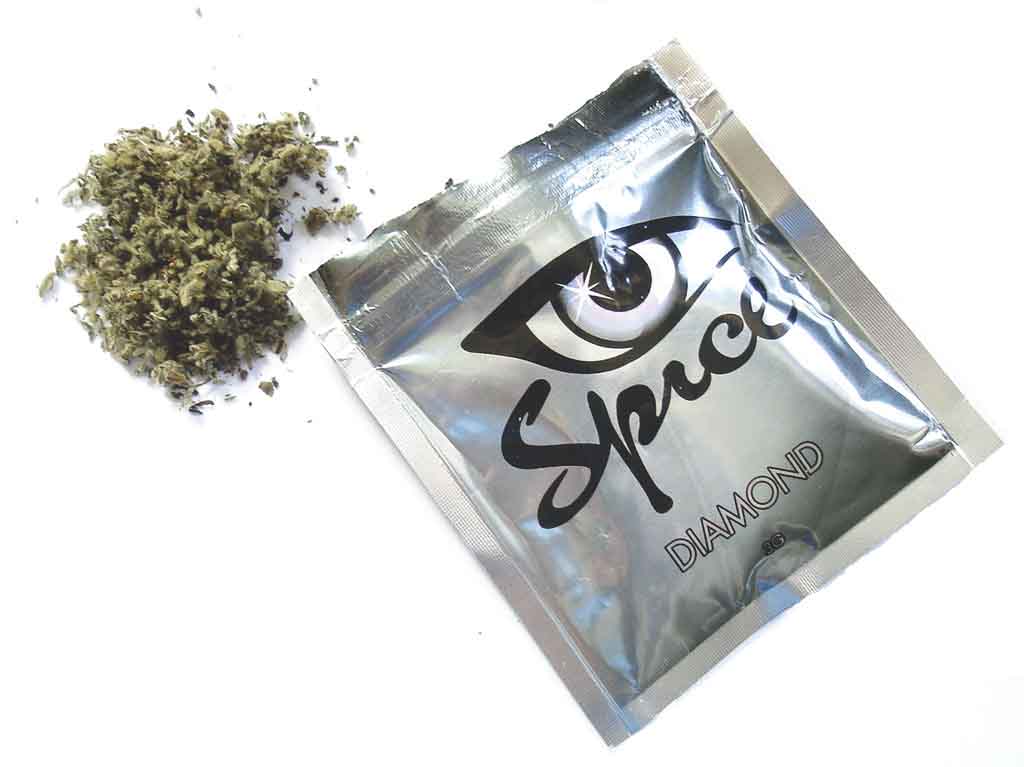
Wikimedia Commons
The New Haven Police Department issued a warning to residents about street drugs on Jan. 17, after five overdoses occurred within an hour. But Yalies never got the memo.
On Thursday, seven overdoses, two of which resulted in death, were reported in New Haven. Five of the overdoses, including one of the fatalities, were the result of a bad batch of K2, a synthetic form of cannabis also known as spice. One overdose occured on the corner of George and High streets, just two blocks from Yale’s campus. At approximately 5 p.m. on Thursday, the New Haven Office of Emergency Management sent out an alert to all New Haven residents describing the overdoses that resulted from illegal street drugs and warning residents that using such drugs could result in death.
At 5:30 p.m., the emergency response teams held a press conference, during which New Haven Police Chief Anthony Campbell stated they were not aware of who the drug dispenser was. But the New Haven alert was not transmitted to students at Yale, and the University’s Office of Emergency Management was not notified by Rick Fontana, director of emergency operations in New Haven, about the location of the overdoses or the deadly nature of the batch of drugs.
“Initially, these didn’t come in as overdoses, they came in as seizures and we didn’t know what these overdoses were. … We didn’t notify Yale,” Fontana said. “We were notified by the director of the Yale New Haven Hospital that the five overdoses were a result of a bad batch of drugs.”
Marie Bouffard, director of the Yale Office of Emergency Management, said by the time the office heard about the police investigation — the day after the original incident — it was clear it did not present a danger to Yale students. “It was decided that the factors in this incident did not warrant an alert,” Bouffard said.
The Office of Emergency Management assesses events on and off campus individually as it becomes aware of them and considers whether they pose an imminent threat to the Yale community, whether the incident directly affects Yale community members and whether the incident took place on campus property, Bouffard said.
Bouffard said information at the time indicated that the drug overdoses were not affecting the Yale community or the campus and thus did not warrant a Yale ALERT. She did not share the time at which the decision was made.
Fontana explained that four of the five overdoses happened near the Hill neighborhood, and only one happened near Yale’s campus. He added that the police were still investigating the possibility of the drugs being altered or corrupted in some way on Friday, Jan. 18, although Campbell said at a press conference Thursday that the drugs were suspected to be a bad batch of K2.
New Haven alerts are sent to those who are in the white and yellow pages with listed phone numbers and to those who opt into the alert system, Fontana said. He added that Yale students can opt into the New Haven alert system online and that he is responsible for the 130,000 people who live in the city of New Haven.
Aidan Pillard ’20, co-president of the Yale chapter of Students for Sensible Drug Policy, said he lives on campus but feels he should count as a New Haven resident since he is registered to vote in the city. He said he heard about the overdoses secondhand because he did not receive an alert from the city.
“It would have made sense [for Yale] to let us know about the overdoses, for much the same reason as the YPD’s notices on violent crimes,” he said. “It’s part of their job to keep us safe.”
Christina Carrafiell | christina.carrafiell@yale.edu
Clarifications, Feb. 5: The New Haven alert systems can reach around 130,000 people in the region, not all of whom are permanent residents.
Interested in getting more news about New Haven? Join our newsletter!







